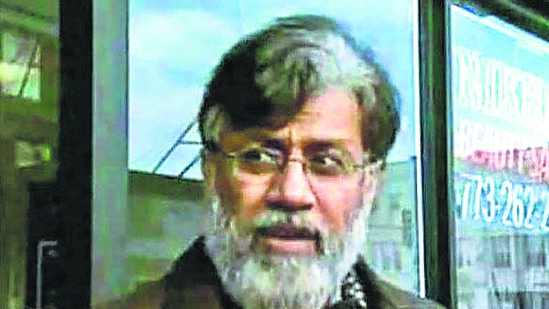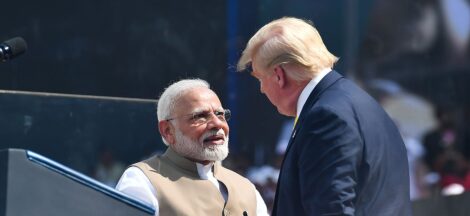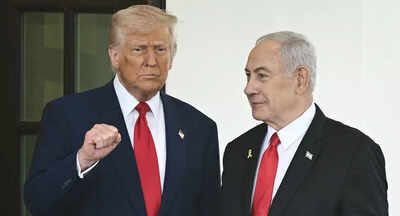Tahawwur Hussain Rana, a Pakistani-born Canadian national, was remanded to the custody of the National Investigation Agency for 18 days following his extradition from the United States. Rana, 64, arrived in New Delhi aboard a special flight and was immediately arrested by the NIA. He was presented before a special court at Patiala House, which granted his custodial remand until 29 April.
Rana’s extradition is a significant development in the investigation of the 2008 Mumbai terror attacks, which resulted in 166 fatalities over a three-day siege. The attacks targeted multiple locations, including the Taj Mahal Palace Hotel, Chhatrapati Shivaji Terminus, and the Jewish community centre, Chabad House. The operation was attributed to the Pakistan-based militant group Lashkar-e-Taiba .
Rana’s alleged involvement stems from his association with David Coleman Headley, a Pakistani-American operative who conducted reconnaissance missions in Mumbai prior to the attacks. Headley, currently serving a 35-year sentence in the U.S., testified that he used Rana’s Chicago-based immigration consultancy, First World Immigration Services, as a cover for his activities.
In 2011, Rana was acquitted by a U.S. federal jury of charges related to the Mumbai attacks but was convicted of providing material support to LeT in a separate plot targeting the Danish newspaper Jyllands-Posten. He received a 14-year prison sentence in 2013.
India formally requested Rana’s extradition in 2020. After a series of legal challenges, including appeals to the U.S. Court of Appeals for the Ninth Circuit and the U.S. Supreme Court, his petitions were ultimately denied. The U.S. Supreme Court’s rejection of his final appeal in January 2025 cleared the way for his transfer to Indian custody.
Rana’s legal team argued that his extradition would violate the principle of double jeopardy, as he had been acquitted of similar charges in the U.S. They also cited concerns over his deteriorating health and the risk of torture if extradited. However, U.S. courts determined that the charges brought by Indian authorities were distinct from those previously adjudicated in the U.S., and thus did not constitute double jeopardy.
The extradition has been hailed by Indian officials as a diplomatic success. Home Minister Amit Shah described it as a “great success” of the government’s efforts to bring perpetrators of terrorism to justice.




 India Eyes Export Gains As US-China Trade War Opens Market Opportunities
India Eyes Export Gains As US-China Trade War Opens Market Opportunities 